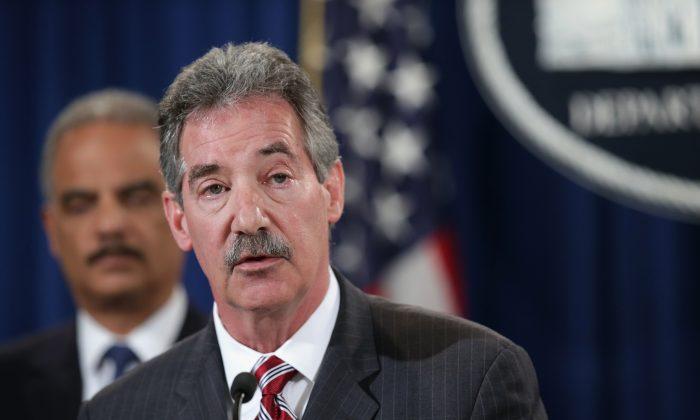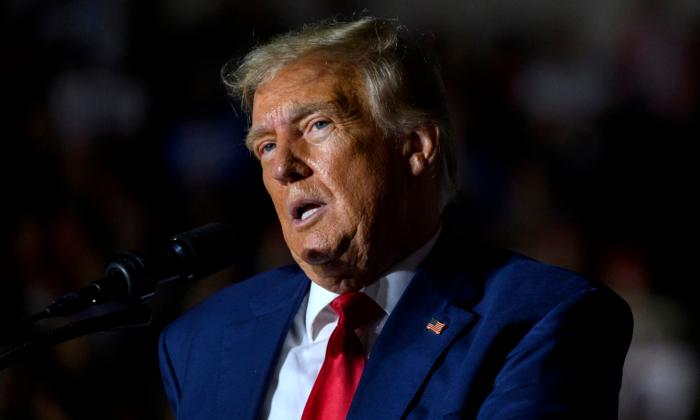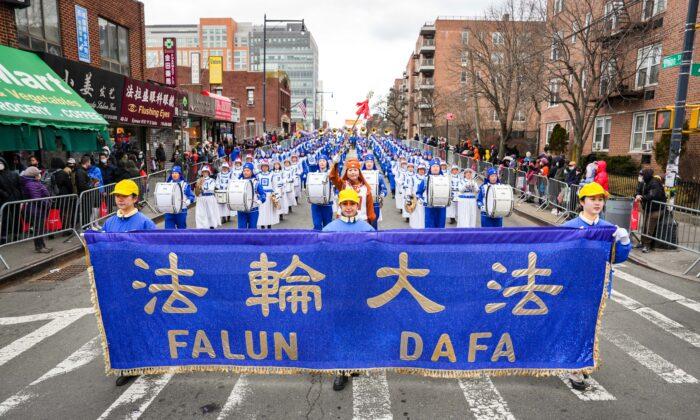BROOKLYN, NEW YORK—Federal prosecutors on Sept. 4 sought to disqualify a former U.S. Justice Department (DOJ) official who is now the lead lawyer defending Chinese tech giant Huawei in a case alleging the company of bank fraud and sanctions violations, on the grounds of conflict of interest.
Prosecutors told Judge Ann Donnelly of the U.S. District Court in the eastern district of New York that Huawei lawyer James Cole previously worked as the No. 2 official in the DOJ, meaning that he had access to confidential information that he can use against the federal government in the current Huawei case.
“There are very specific pieces of information very related to this matter that Mr. Cole has ... that relates to [Huawei],” U.S. prosecutor David Kessler told the court.
Prosecutors did not provide details of the information during the public court hearing, as it involved classified information relating to national security. Judge Coleman allowed an application by the prosecution for such evidence to be heard in closed court.
Kessler also asked the judge to take into account the fact that Cole is but one attorney among a large legal team comprising five law firms representing Huawei. Hence, Cole’s disqualification would not impact Huawei’s ability to find more lawyers, he said.
Lawyer for Huawei Michael Levy argued that Cole had left the department before 2017, which is the time they believe the investigation into Huawei started, and therefore did not have access to the government’s confidential information relevant to the case.
Huawei’s attorney also argued that the government, in waiting more than a year to initiate a motion to disqualify Cole, had waived its right to do so.
Levy said that the delay was a “tactical step” on the part of the government as “part of its overall agenda against Huawei.” Kessler, in response, said that the government had an explanation for the delay it could provide in closed court.
The company’s chief financial officer, Meng Wanzhou, is also personally indicted in this case. She was arrested in Canada last December and is currently fighting extradition proceedings.
Besides these charges, Huawei is also fighting a separate indictment alleging that it stole trade secrets from U.S. mobile carrier T-Mobile. The company was also effectively blacklisted from doing business with U.S. companies in May, after the U.S. administration deemed that it posed national security concerns.






Friends Read Free